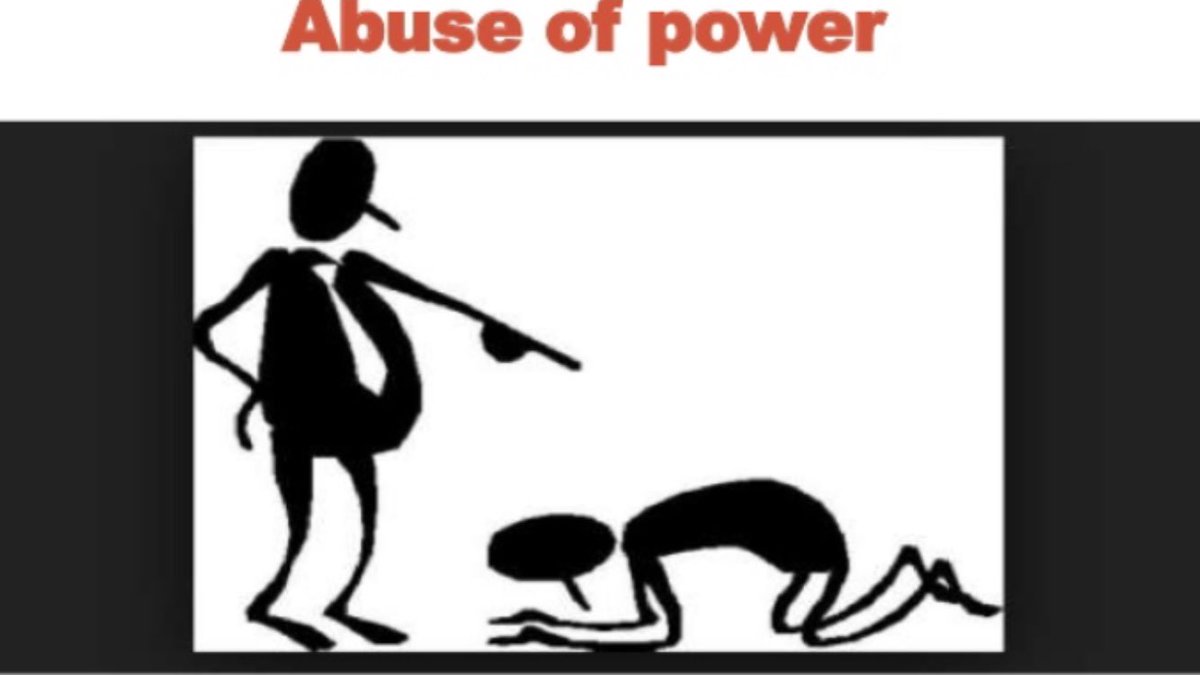It’s called Intermittent Explosive Disorder (IED) under DSM-V.
Trump rages after reports that Bolton book claims president tied Ukraine aid to probes
cnbc.com/2020/01/27/tru…
It’s a psychiatric condition.
Intermittent Explosive Disorder (IED)
involves repeated, sudden episodes of impulsive, aggressive, violent behavior or angry verbal outbursts in which you react grossly out of proportion to the situation.
mayoclinic.org/diseases-condi…
Aggressive episodes may be preceded or accompanied by:
Rage
Irritability
Increased energy
Racing thoughts
Tingling
Tremors
Palpitations
Chest tightness
The explosive verbal &behavioral outbursts...can include:
Temper tantrums
Tirades
Heated arguments
Shouting
Slapping, shoving or pushing
Physical fights
Property damage
Threatening or assaulting people or animals
Differences in how the brain works. There may be differences in the structure, function and chemistry of the brain in people with intermittent explosive disorder compared to people who don't have the disorder.
History of physical abuse. People who were abused as children or experienced multiple traumatic events have an increased risk of intermittent explosive disorder.
History of other mental health disorders.People who have antisocial personality disorder, borderline personality disorder or other disorders that include disruptive behaviors,such as ADHD,have an increased risk of also having intermittent explosive disorder.
Complications
Impaired interpersonal relationships. They're often perceived by others as always being angry. They may have frequent verbal fights or there can be physical abuse. These actions can lead to relationship problems, divorce and family stress.
Prevention
If you have IED prevention is likely beyond your control unless you get treatment from a professional. Combined with or as part of treatment, these suggestions may help you prevent some incidents from getting out of control:
Avoid mood-altering substances. Don't use alcohol or recreational or illegal drugs.
Diagnosis
To determine a diagnosis of IED..your doctor will likely:
..Your doctor will likely..
Use the criteria in the DSM-5.
The Diagnostic & Statistical Manual of Mental Disorders..often used by mental health professionals to diagnose mental conditions.
Medication
Different types of medications may help in the treatment of intermittent explosive disorder.These may include certain antidepressants ―..selective serotonin reuptake inhibitors (SSRIs) ― anticonvulsant mood stabilizers or other drugs if needed.










